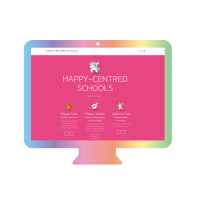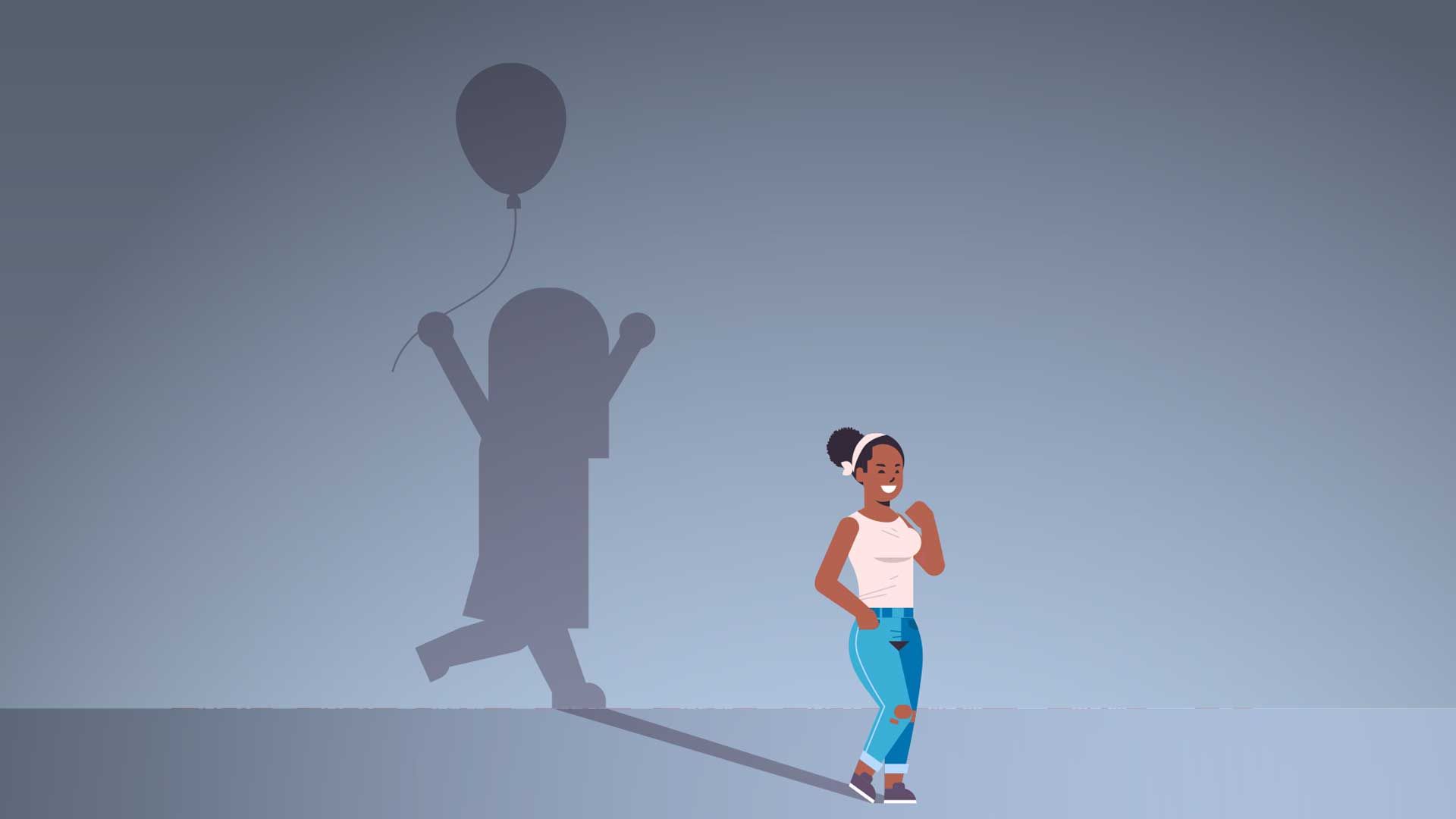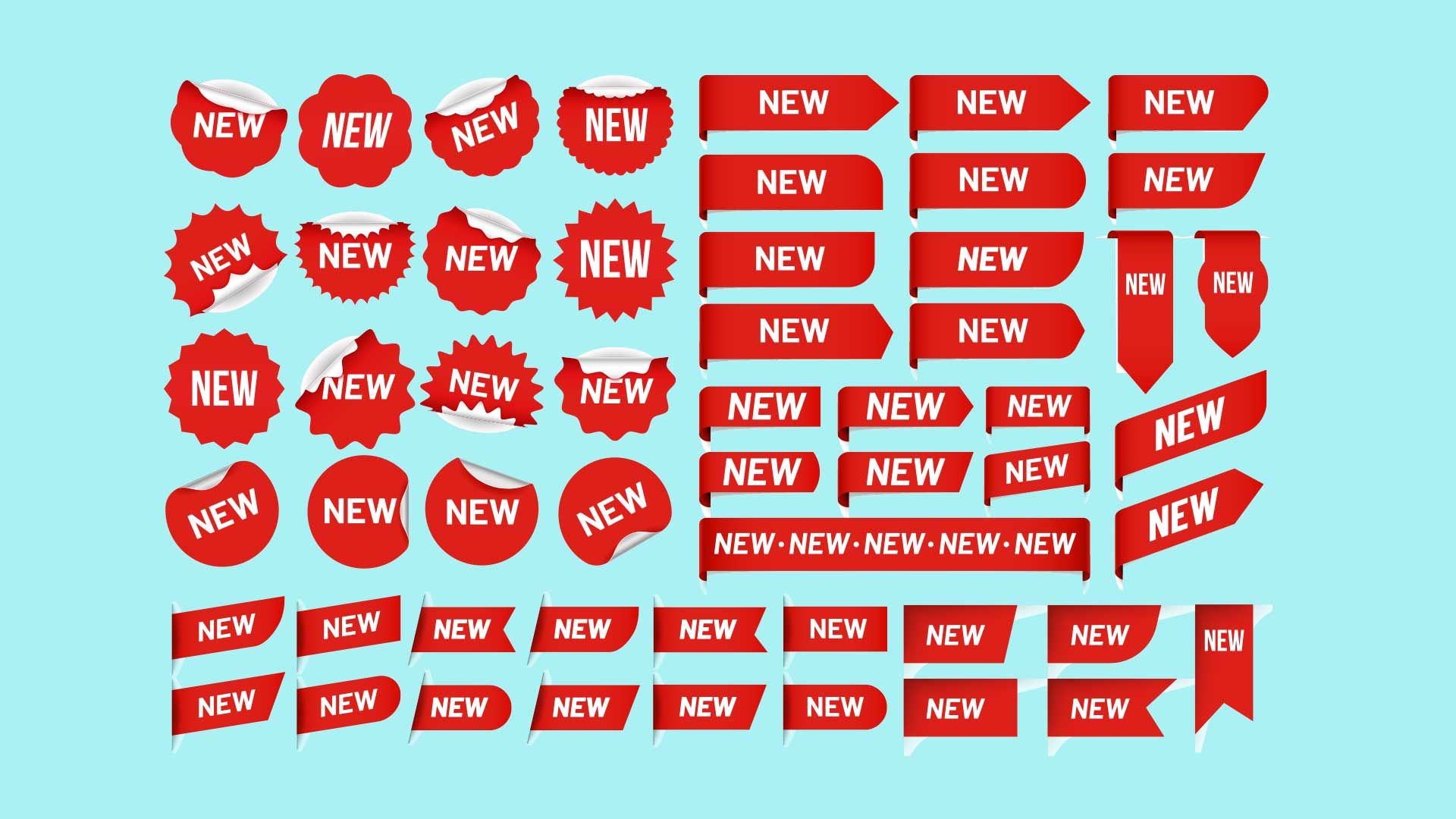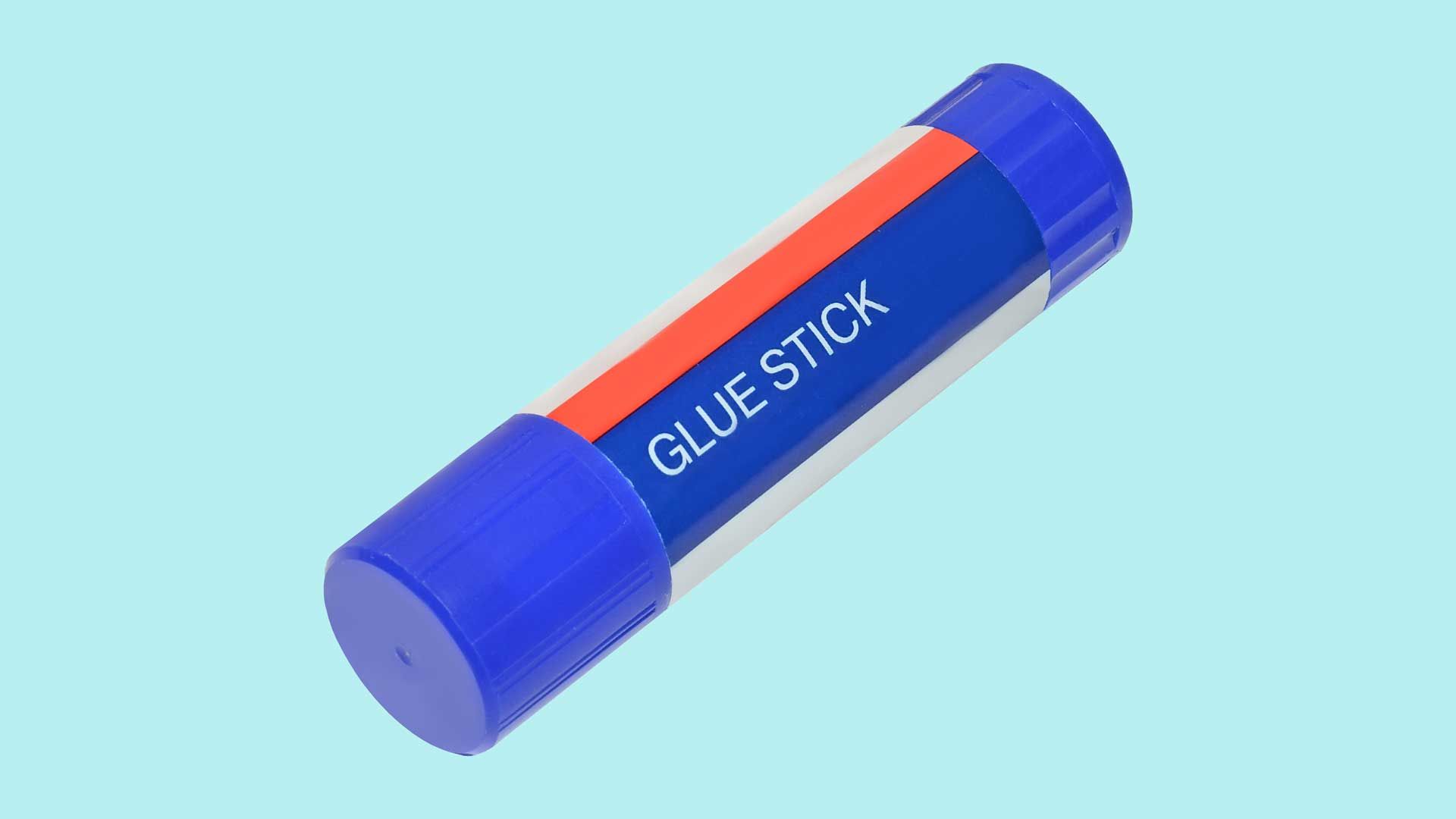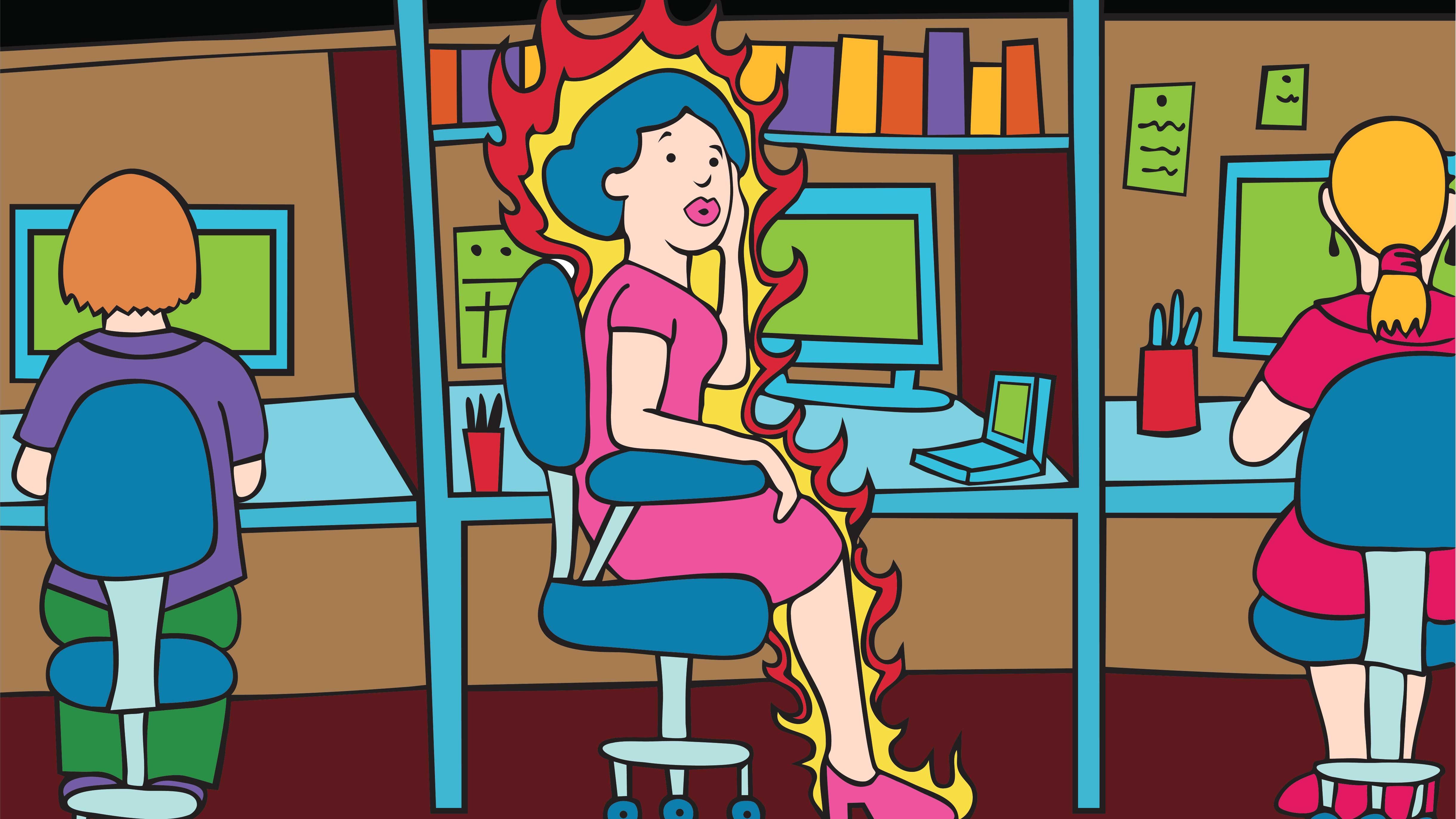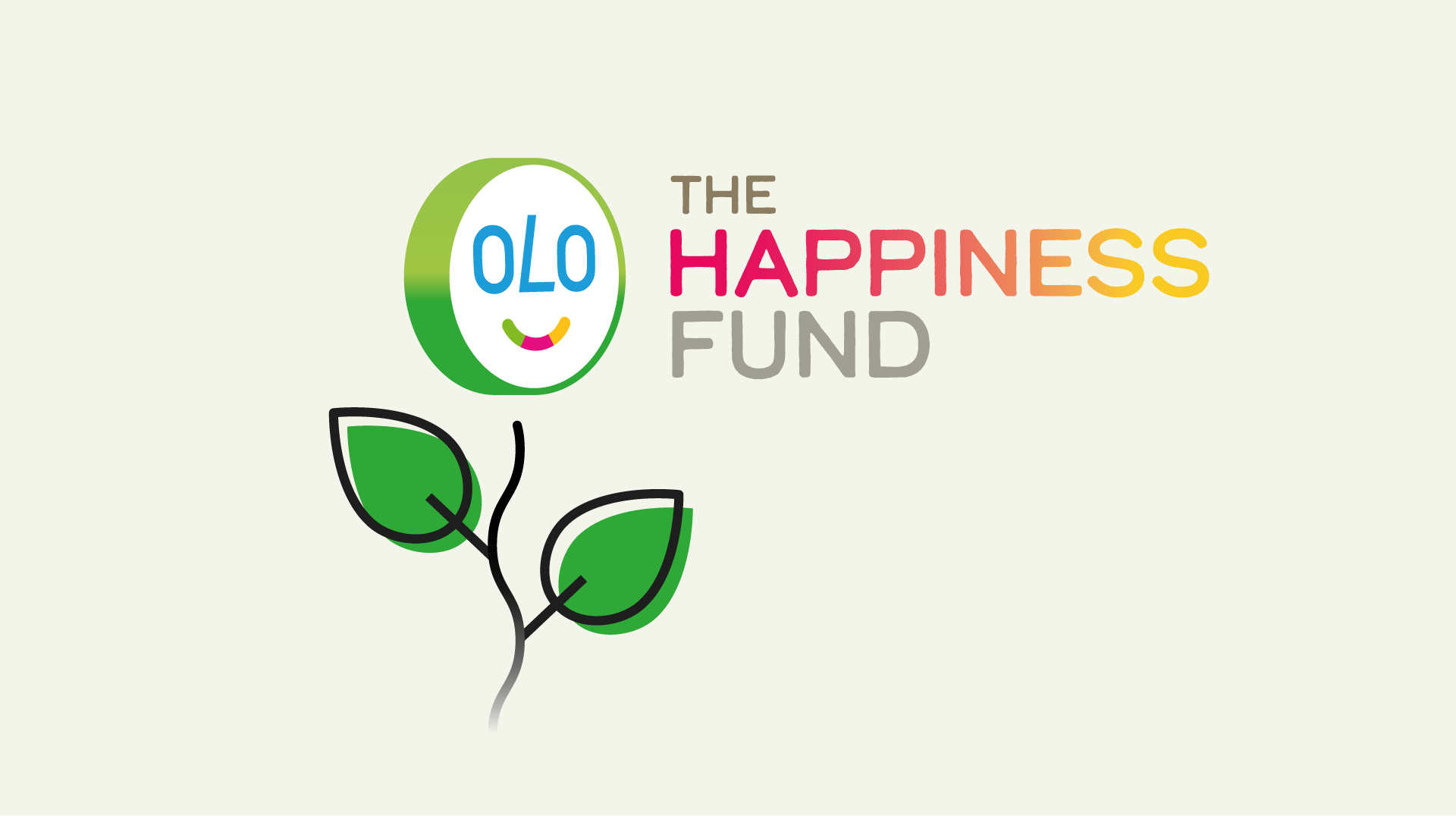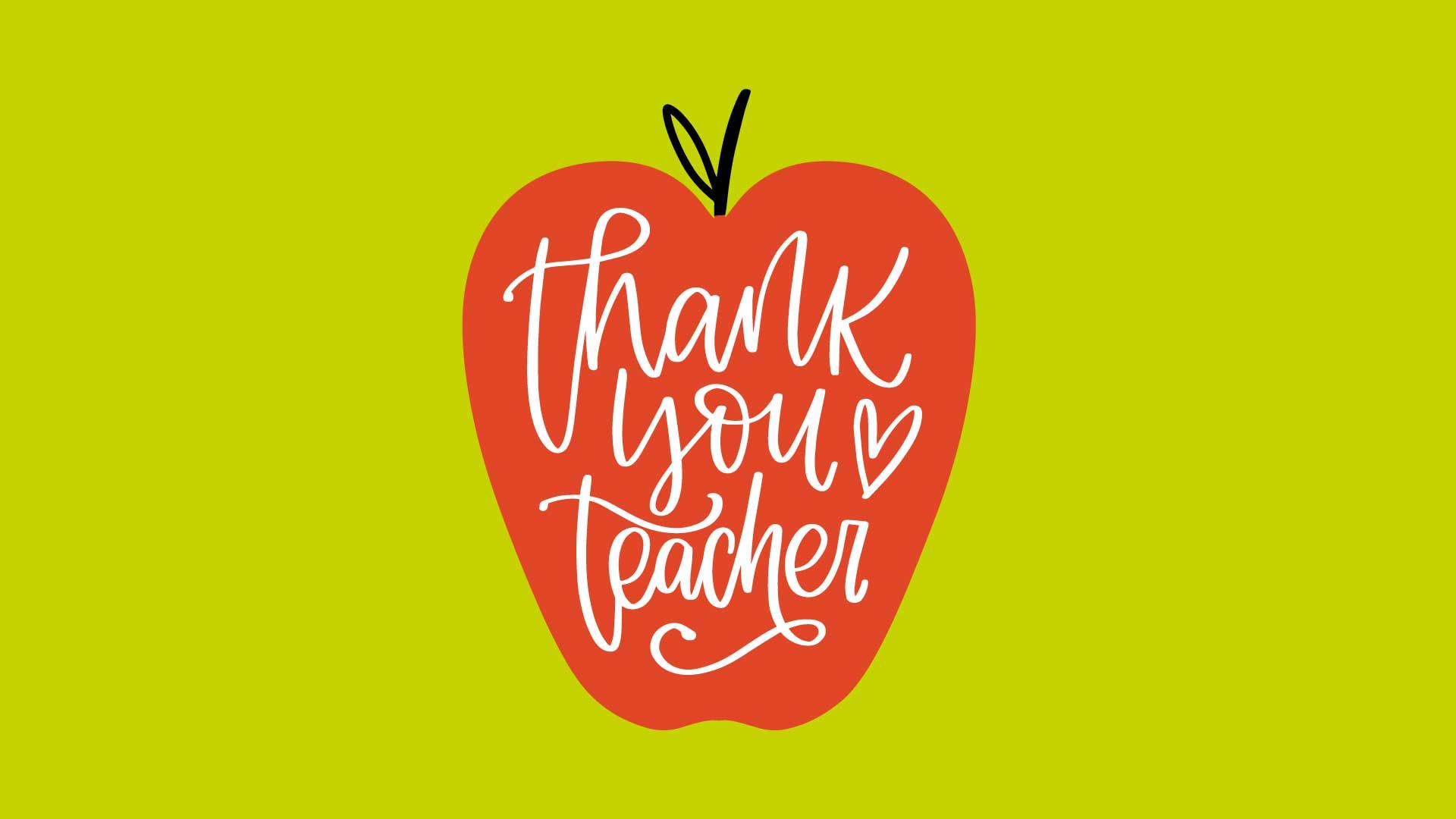Confrontations in the classroom - can a good giggle be the answer?

Confrontations in the classroom are never fun for anyone, but especially not for you, the teacher. Maybe you’ve tried all sorts of different strategies but nothing has worked so far. Well, Victoria Maitland is here with an altogether different approach for you to consider. Could having a good giggle be the answer you’re looking for?
Setting yourself up for a fall
‘Laughter is the shortest distance between two people.’ (Victor Borge)
Sharing a laugh binds us together and breaks down boundaries. However, humour doesn’t need to be reserved just for those happy, skipping, perfect cake-filled moments in life. What about when your classroom feels exactly the opposite?
You know what it’s like, that moment when you have to be serious. You take a deep breath, try to read the room with intense concentration and get ready to maintain control, all the while knowing things could get out of hand. You try and maintain an air of stoicism. To be that pillar of strength, guidance and authority.
But what if you’re just setting yourself up for a fall? What if it’s this moment that lends itself perfectly to humour and laughter?
Changing our view on the world
Humour allows you to see the world in a different light. It interrupts your cognitive flow and gives you a different view. We can all think of examples of things that were mortifying, infuriating, terrifying and distressing in the moment, but now seem utterly hilarious through the lens of time and perspective.
Humour helps diminish stress and pain too, so why not use it when you find your classroom at the centre of challenges?
Using humour can give objectivity to things that are emotionally charged. Enforcing metaphorical distance not only aids comedy but can actually give space for healing. Lay the truth bare for all to see and recognise there is an opportunity for connection and strengthening relationships. It puts everyone in the same boat. By laughing, we share our feelings and can achieve empathy.
The science of laughter
Laughter fills our brains with oxygen and happy hormones. It alleviates stress, benefits our circulation and can even provide a muscular workout in those laugh-until-you-cry moments. It also increases focus and can bring a class together after a collective giggle.
Silliness and laughter help find common ground with pupils. Children feel safe to show vulnerabilities, even if things have been tense and difficult in previous moments. After all, it’s hard to be angry and laugh at the same time.
And the children know this! Adolescents and teenagers often use humour to test boundaries and explore grown-up themes without having to be vulnerable. Jokes about sexuality, prejudice or bullying are not necessarily expressing their own sentiments but testing the waters. This distance of humour is a protective layer from what might actually be too stressful-a-topic to confront head-on.
But how can you feel confident to use the science of humour and laughter in your own classroom?
Using humour and laughter in the classroom
-
Learn to laugh at yourself, especially when making mistakes. This is excellent modelling for children and a reminder to not take yourselftoo You can also demonstrate how to laugh at embarrassment or errors.
-
Have a joke up your sleeve to cut through the tension and push reset on the class.
-
Know that vulnerability breeds vulnerability. You’re creating a safe environment in the classroom and teaching what it is to be human.
-
Remember that perspective is everything. Will you be thinking about this incident in 3 months time? Maybe, then, it isn’t worth being too worried about now.
- Created on .
